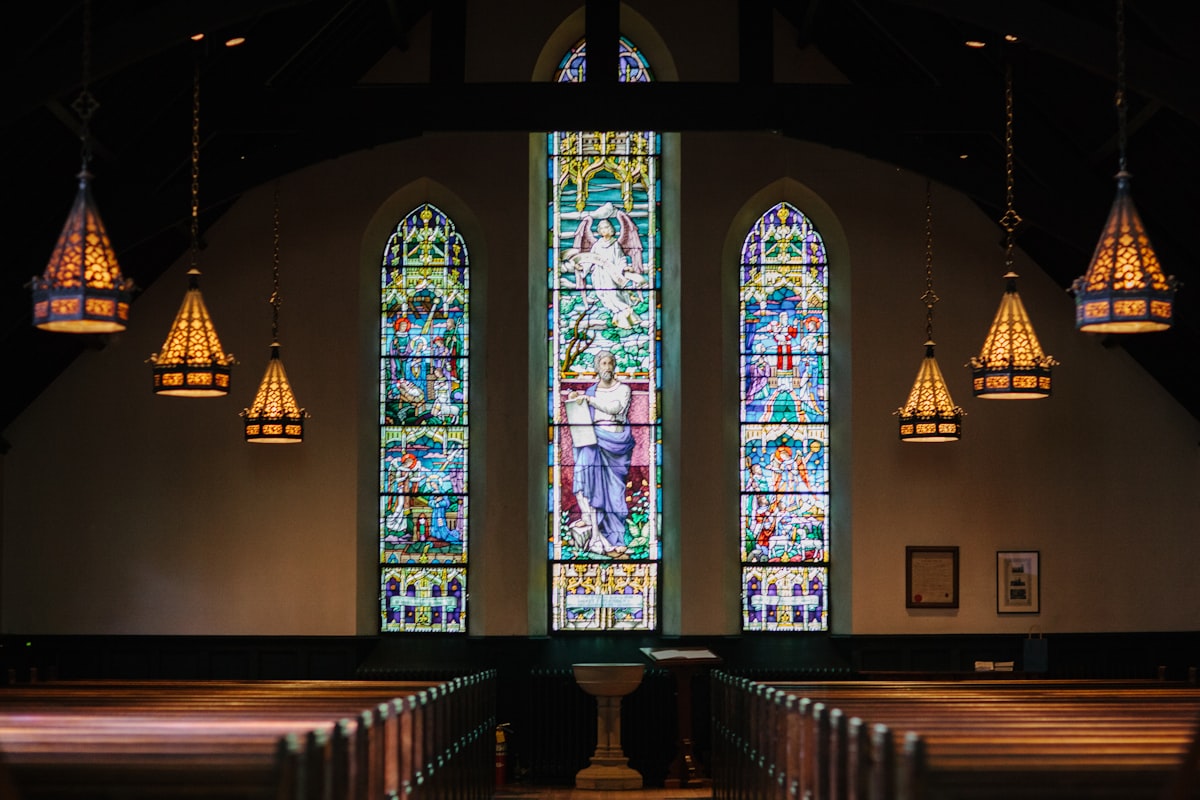Richard Dawkins, champion of atheism, mourns Christianity’s decline

In a recent appearance, the notorious atheist Richard Dawkins lamented the lost influence of Christianity, going so far as to declare himself a “cultural Christian.”
While achieving a level of notoriety for his work in the field of biology, Dawkins became best known for his vocal opposition to religion in general and Christianity in particular. Now that public Christianity has been purged from his native Britain, the biologist is surprised that instead of becoming a secular utopia, the country has been slowly conquered by Islam. Like many atheists, Dawkins is discovering too late that the religious beliefs he worked so hard to destroy were, in fact, the foundation on which his civilization rested.Subscribe
Dawkins has served as a public antagonist of Christianity since the 1980s, but with the publication of his book “The God Delusion” in 2006, the scientist became one of the most prominent figures in the burgeoning New Atheist movement. The New Atheists saw themselves as champions of enlightenment and reason who would finally purge the last vestiges of religious nonsense from the Western mind, delivering on the true promises of classical liberal ideology.
The New Atheist movement was a mainly online affair existing on internet message boards like Reddit and video platforms like YouTube, though there were several conventions and other public events organized around the cause.
Along with a few best-selling books, the highest profile draw of the New Atheists was the public debates. Often held at universities, these debates featured personalities from the movement who would verbally spar with apologists from different faiths, but Christianity was by far the most frequent target. Before Ben Shapiro became known for owning blue-haired college feminists with facts and logic, the New Atheists were making a spectacle out of deconstructing Christianity.
The New Atheists lost as often as they won, but many of them mastered a snarky style of sophistry popular at the time, and the crowd was on their side. Sam Harris, Daniel Dennett, Christopher Hitchens, and Richard Dawkins were dubbed the “Four Horsemen” by their fans, an apocalyptic vanguard on a mission to end the dominance of ignorant religion and deliver humanity into a more advanced age. Ayaan Hirsi Ali, a former Somali Muslim, was often cited as the fifth “horsewoman” and regularly attended atheist conferences.
Along the way, opponents warned the “Four Horsemen” that the Christianity they were gleefully dismantling was not just a collection of bronze-age myths but a critical aspect of society. Dawkins and his New Atheist brethren dismissed these warnings as the last desperate gasps of a dying superstition that was attempting to stay relevant in the face of modernity. Religion was the refuge of the weak and ignorant, a silly fable that backwoods rubes told their children. Nothing could stop the inevitable march of progress, and the New Atheists would be its intellectual champions.
The first hint that all may not be well inside the brave new world the atheists had forged came with the birth of the woke revolution on college campuses.
New Atheism had always been dominated by leftists who thought of themselves as pro-feminist, pro-LGBTQ, and anti-racist. But now, many of their allies were making some very strange claims. Feminists were pretending there were no statistical differences between men and women, minority activists were claiming all differences in material outcomes were due to racism, and LGBTQ activists were asserting that men could become women. All of this was obviously and empirically false, and this struck at the core of the atheist belief that religion had been the primary cause of opposition to scientific truth. Christianity had been successfully purged from the public square, but instead of being replaced with reason and rationality, it had been replaced with a far more extreme denial of reality.